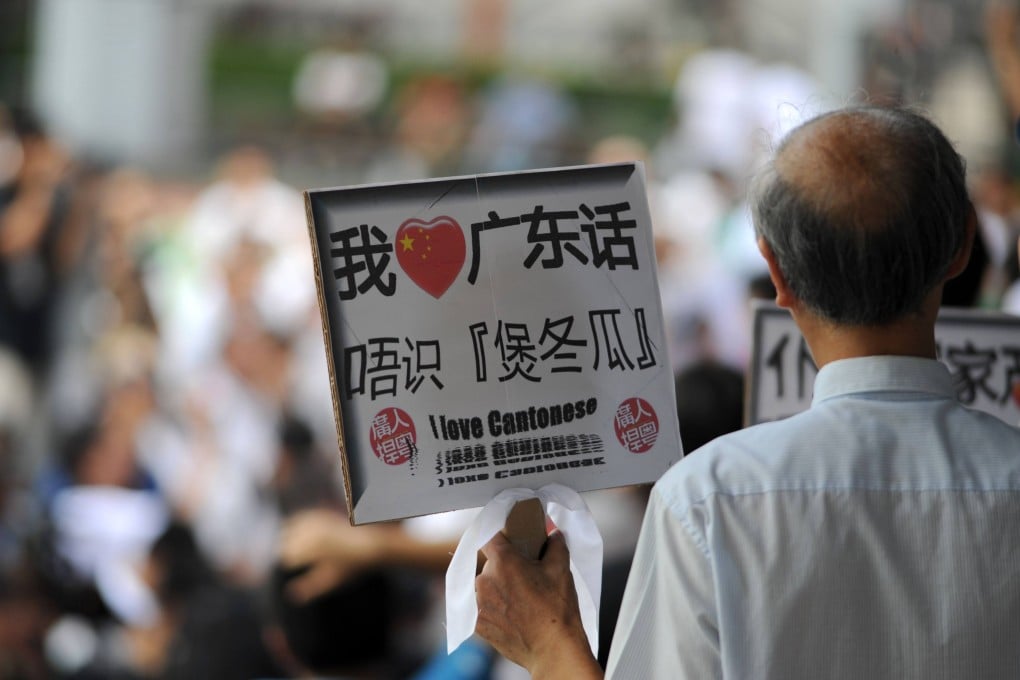Language Matters | How Unesco’s International Mother Language Day recognises the critical link between language and sustainable development
- School pupils who learn in their own language have better critical thinking skills and higher self-esteem. It sets them up for social and economic success
- The United Nations drew fire for not including language in its Sustainable Development Goals. Unesco’s 2024 celebration of multilingualism is progress, then

As a blueprint for peace and prosperity for people and the planet, all member states of the United Nations have adopted 17 Sustainable Development Goals (SDGs) as the heart of the UN’s 2030 Agenda for Sustainable Development.
The issues the SDGs cover are largely poverty, health, hunger, gender, education, sanitation, infrastructure, energy, economy, climate and the ocean.
Language, however, is not included as an explicit issue. And even preceding the SDGs, language was not seriously considered an important dimension of social and economic development in the UN planning process and the Millennium Development Goals.
It is nonetheless widely recognised by scholars and practitioners that language – with its implications for human rights, education, political participation and access to health – is a key issue for human development, and closely connected with economic development.
The early years of the 2030 Agenda attracted critique regarding the lack of attention to language and linguistic diversity in the formulation and implementation of global policies, in particular the disproportionate effects on vulnerable populations – ironically, the purported primary stakeholders of the SDGs – including permanently and temporarily settled refugees and migrants, and indigenous or heritage language minorities.

